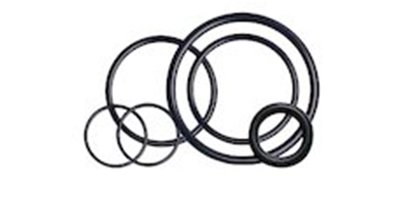Top 3 Reasons Seals Fail Prematurely
Top 3 Reasons Seals Fail Prematurely
Top 3 Reasons Seals Fail Prematurely
03 Jul 2019

1 - The Wrong Seal for the Job
Factors including temperature, vibration, type of motion, amount of friction and others determine the best material for the seal. Some materials can endure more heat, while others are more resistant to vibration. The environment matters too. How wet or dry is the application? Size is crucial. When it comes to choosing a seal, it must be precisely right. There is no such thing as close enough. If you are not completely sure of what you need in a seal, our staff is happy to discuss the application and help you choose the seal that will give the best performance and offer the longest lifespan.
2 - Incorrect Installation
Replacing a seal is not a simple task. Seals can get damaged during installation if the person doing it is not extremely careful and competent. That damage leads to early seal failure. If you are faced with replacing a type of seal you don’t have experience with or replacing a seal in an unfamiliar application, don’t hesitate to ask Abbey Seals for advice. We can warn you of the particular issues with the type of seal in question.
3 - Problems with the Machine
If the machine itself is not operating optimally, that can affect the seal. One of the main causes of seal failure is temperature. If the machine is running hot or doesn’t have adequate lubrication, that can cause the seal to dry out and fail. Excess vibration can also damage a seal. If a shaft or other moving part is not aligned correctly or is worn unevenly, that can also affect the seal and subject it to uneven wear that leads to premature failure.
The old saying ‘haste makes waste’ applies here. Spending a bit of time to ensure you have the correct seal, install it properly and check to be sure the machine is running smoothly without any issues can save time lost to a premature seal failure. When a seal blows unexpectedly, it means that machine is out of commission at a time when it is needed and staff have to spend time replacing a seal. It can also lead to the machine being damaged and requiring repairs, which is a whole other headache!
To request more information regarding seals or need to have your questions answered by our sealant experts, please fill in the contact request form here.
